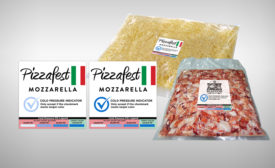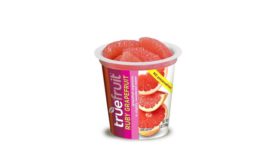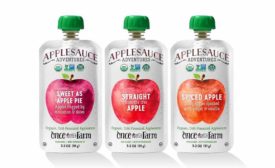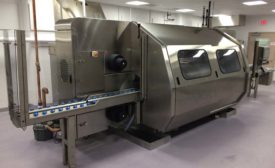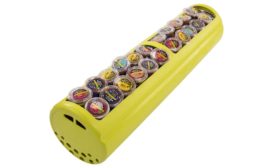Home » HPP
Articles Tagged with ''HPP''
Shucks Maine Lobster to build processing plant
Shucks Maine Lobster is said to be the only lobster processor in the country to use HPP technology.
June 12, 2017
HPP providers launch new HPP Council
The HPP Council will officially launch at PMMI’s ProFood Tech.
March 3, 2017
JBT Corp. acquires Avure
Avure Technologies, Inc. is an Erlanger, Ky.-based provider of high-pressure processing (HPP) systems.
February 27, 2017
Global cold-pressed juice market to reach $845M by 2024
In 2016, sales of cold-pressed juices in North America accounted for more than one-third of global revenues.
February 19, 2017
Cornell University installs nation’s first commercial-scale validation facility for HPP
The new Hiperbaric 55 high-pressure food processor at Cornell’s New York State Agricultural Experiment Station (NYSAES) in Geneva, N.Y., maintains the ability to retain fresh quality attributes in food while inactivating spoilage and pathogenic microorganisms.
February 13, 2017
The rise of high-pressure processing
Although high-pressure processing (HPP) has been around for years, today’s technologies enable refrigerated food processors to achieve more benefits than ever before.
January 9, 2017
Get our new eMagazine delivered to your inbox every month.
Stay in the know on the latest food and beverage manufacturing markets.
SUBSCRIBE TODAYCopyright ©2024. All Rights Reserved BNP Media.
Design, CMS, Hosting & Web Development :: ePublishing
